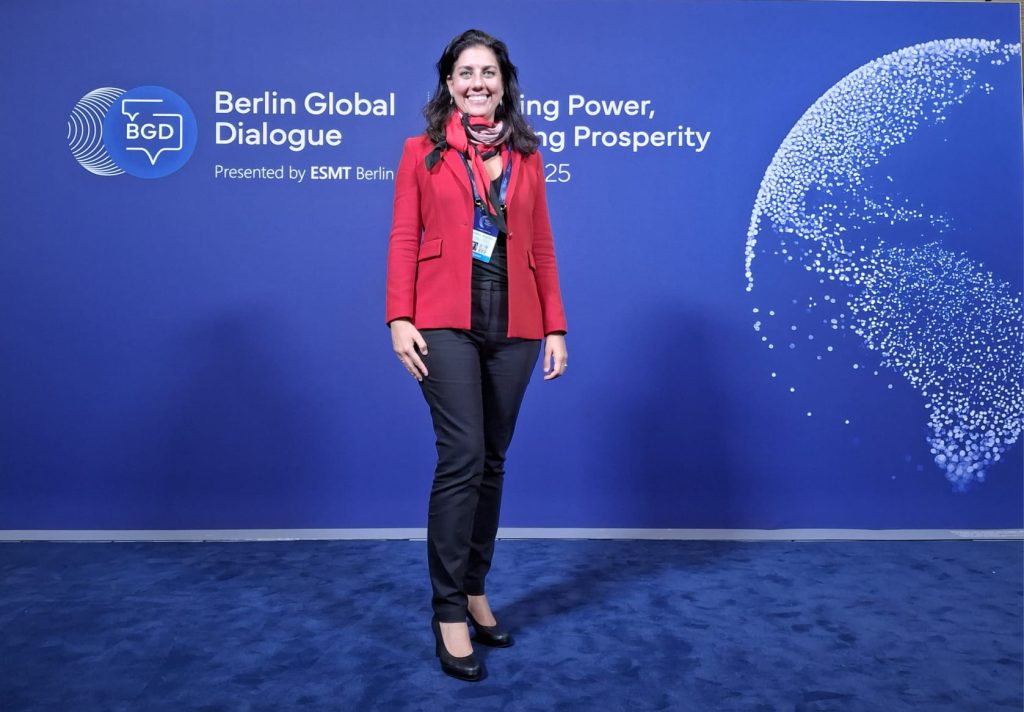
The Rise of Monetary Multipolarity: Advancing Digital Currencies
How will digital currencies reshape the balance of global power? Can central bank digital currencies coexist with private crypto innovations? And what does the transition toward a multipolar financial system mean for governments, institutions, and citizens?
These questions guided the roundtable “The Rise of Monetary Multipolarity: Advancing Digital Currencies”, held on 23 October 2025 at the Berlin Global Dialogue, where global leaders and experts examined how digital money is transforming international commerce and monetary governance.
The session explored the rapid decline of cash, the expansion of digital payment systems, and the diverse national approaches to regulating and adopting these innovations – from market-driven models to publicly controlled infrastructures. The debate emphasized how the emergence of digital currencies, both private and sovereign, is redefining cross-border transactions, reshaping central banking, and challenging the dominance of traditional reserve currencies.
Almudena de la Mata, CEO of Blockchain Intelligence, contributed her perspective on the convergence of technological innovation, financial stability, and regulatory frameworks by highlighting the importance of developing trustworthy digital infrastructures that align with public values such as transparency, inclusion, and accountability.
Other speakers, including Martin Blessing, Prakash Kannan, Richard Nash, and Joachim Wuermeling, brought insights from the banking, policy, and fintech sectors, providing a multidimensional view of how digital currencies are influencing the architecture of global finance.
The discussion underscored that the future of money will not be defined by a single technology or institution but by interoperability, governance models, and cross-sector collaboration. As digital currencies mature, they are set to become a cornerstone of the emerging monetary multipolarity, enabling a more diverse and competitive global financial ecosystem.
The Berlin Global Dialogue 2025 brought together world leaders such as Olaf Scholz, Ursula von der Leyen, Kristalina Georgieva, Ngozi Okonjo-Iweala, and Ajay Banga, alongside CEOs and central bankers from around the world, to discuss the key economic transformations shaping the next decade: from sustainable growth and industrial resilience to the evolving landscape of digital finance.
